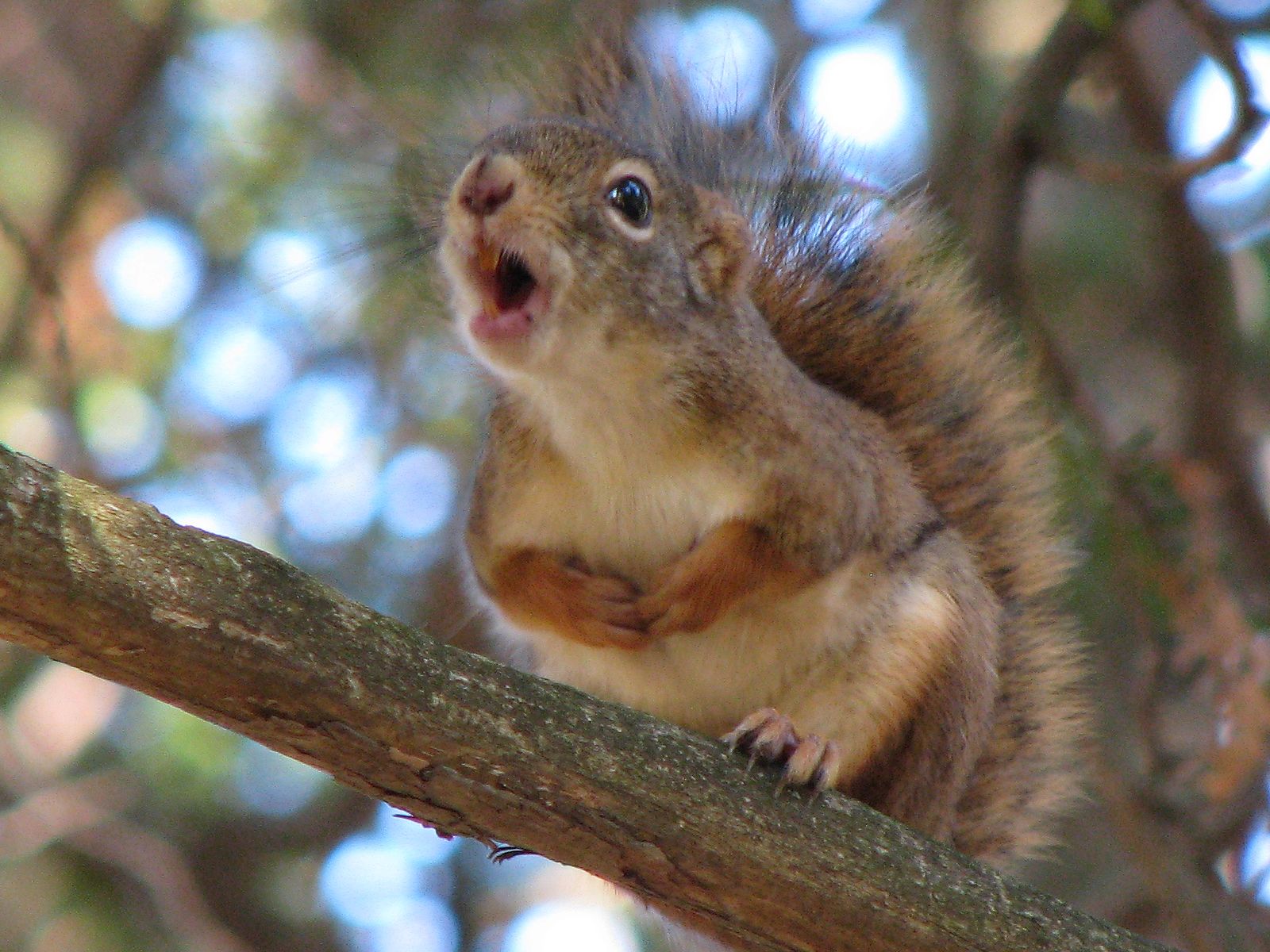Birds are one of the many animals that call from trees. But you might have heard a funny, albeit somewhat aggressive chirp from the trees without even realizing it came from a squirrel. They can make a chattering birdlike noise or screeching noise that resembles that from a Bluejay. You might have seen a squirrel flicking its tail while chattering away. Both the tail flicking and the vocalization are alarm signals with different implications depending on how the squirrel used them. Overall, experts at squirrel control in Milwaukee have revealed that the alarm system of squirrels come with several degrees of specificity. Almost all of these alarm signals are predator-specific. But combinations of vocalizations and tail signals are strongly related to threats than either form of alarm signal alone.
Why Squirrels Chirp
If you listen closely, you might hear squirrels in the trees chattering away. Generally, these noises are more associated with the possessive disposition of the squirrels. Usually, if someone or something comes near their food source or into their territory, they chirp continuously till what is theirs is safe and secured. Also, squirrel chatter tends to increase during the mating season, which is usually between February and March. They repeat these mating calls between June and July. Squirrels will as well make aggressive continuous chatter to warn fellow squirrels of possible danger and potential predators.
Different Squirrel Chirps and What They Mean
Mating Calls
Male squirrels give a “muk-muk” sound to let other squirrels know they are interested and ready to mate available female squirrels. This call is similar to the call made by baby squirrels. When adult male squirrels communicate using this call, he is simply saying that he is not to be considered as a threat by the female squirrel.
Noisy Alarm Chatter
Squirrels are constantly on the lookout for possible danger and threats from below or above. When they notice predators like cats or hawks, they’ll give a variation of hostile alarm calls. Usually, they make a “kuk” sound which is a barking call that is repeated many times which helps to alert other squirrels of the presence of such predator.
Hunger Calls
Baby squirrels make hunger calls that bring their mothers running home to them. Three days old baby squirrels make sounds that imitate those made by a squirrel. Baby squirrels as well make the “muk-muk” call. It is usually a soft call sent out to their mother reminding her that it’s time for them to be fed.
Threatening Calls
Squirrels can as well communicate using angry signals to display their aggression to other squirrels. Usually, squirrels make these signals when trying to protect its food source from other squirrels or when marking its territory. These calls are quite different from the “muk-muk” call that they use during mating. These sounds are meant to scare off or threaten intruders.
What to Do When You Hear These Chirps
Squirrels are not really the most stealthy of animals. Although they are highly adept, they are not the calm and quiet type of creatures. Truth be told, squirrels have an appreciable vocal range that allows them to have long distance communication. Depending on your kind of personality, if you find these continuous chattering from squirrels as pleasant, then enjoy the beauty of what nature offers through them. If you consider squirrels as a nuisance and their chirps as unpleasant and frustrating, call for the services of squirrel control to help remove them from your premises.
It’s fascinating how squirrels’ communication varies according to species and also changes according to predators. Aside from the fact that squirrels use these alarm signals to warn fellow squirrels about a predator’s presence, they also elicit an aggressive form of chirps that let predators realize that they’ve been sighted. When you hear these alarm calls from inside your Milwaukee home, call squirrel control professionals to help remove the animals safely.




